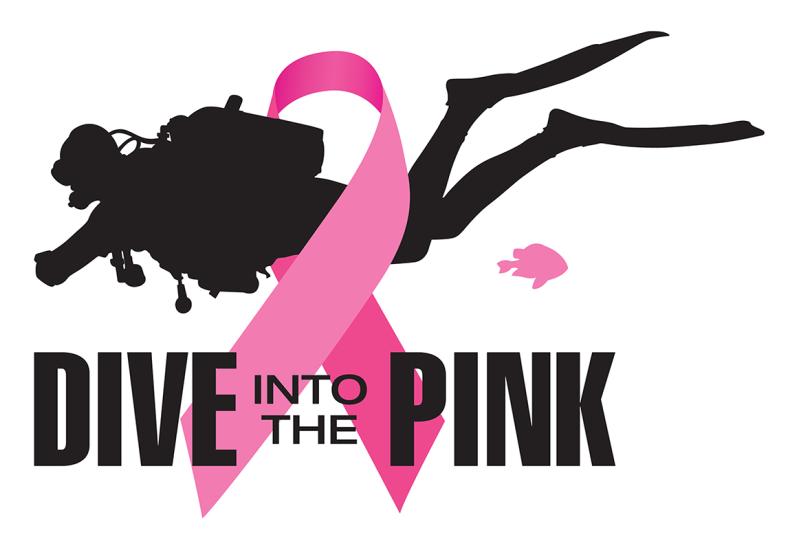How To Identify Decompression Sickness — AKA The Bends
"I'm bent." They're the two hardest words any diver ever says. But denying the symptoms of decompression sickness (DCS) could mean you end up with the four hardest to hear: "Can never dive again."
Relaxing at the pool after a morning of diving, you notice a nagging ache in your shoulder. Is it DCS or a muscle strain from lugging gear bags? Time for a little self-diagnosis:

PADIMany divers make the mistake of ignoring DCS symptoms — don't be that person.
Do I have any symptoms of DCS?
These include but are not limited to:
- Joint or limb pain
- Itching
- Skin rash
- Nausea and vomiting
- Dizziness
- Ringing in the ears
- Extreme exhaustion
Clearly, these symptoms are not specific to DCS, so move to the next question:
LEARN MORE: The ABCs of DCS
How Likely Are These To Be Symptoms of DCS?
You did only a single half-hour dive to 40 feet that morning — how could it be DCS? Easy: during the last five days you’ve done 15 dives. The more diving you’ve been doing, the more likely it is to be DCS. The more you’ve pushed the edge of no-decompression status, the more likely it is DCS. The more safety stops you’ve blown off, the more likely it is to be DCS. Any of those apply?
I'm Still Not Sure. What Can I Do?
This is easy: Call DAN’s emergency number (+1-919-684-9111) if you need some expert assistance in deciphering your symptoms. DAN has doctors on call 24 hours a day who can help you arrive at a decision about your symptoms.
I Know I Have The Bends. What Should I Do?
Start breathing oxygen and have someone call DAN’s emergency number immediately: (919-684-8111). The DAN staff can help you arrange for transportation to the nearest chamber. DAN will help you even if you have not purchased DAN insurance, but you won’t like the five-figure bill you may have to pay. Or the possible delay in emergency evacuation because the helicopter company wants its money up front since you don’t have insurance, Considering how little we actually know about the mechanism of DCS, anyone diving without dive accident insurance is taking unnecessary health and financial risks.
READ MORE: Scuba Hand Signals for Emergencies
Why Do Divers Deny DCS?
A mix of three reasons is usually involved. First, because the dive was well within the no-decompression limits of their computer or tables. However, divers can get bent even when they follow all the rules. Second, symptoms of the most common form of DCS, Type I, are similar to many of life’s aches and pains, especially as we grow older. But third, and most common, those in denial are afraid of being labeled a “lousy” diver.
The fact is, you can be the world’s greatest diver and do everything right that day, but still get bent. Your chances are greatly reduced by adhering to the guidelines of safe diving, but each time we expose our bodies to decreased pressure when returning from a scuba dive, we are risking DCS. The key is to recognize symptoms and have the courage to rake immediate action. Otherwise, you might never have to worry about denying again; you won’t be a diver any more.










